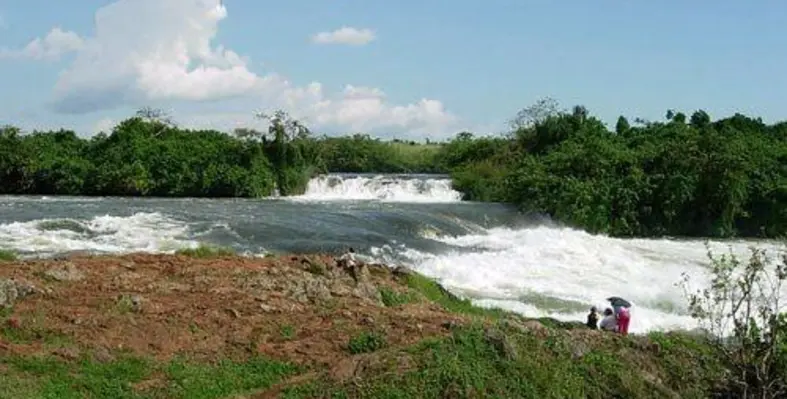Uganda is pressing ahead with rural electrification projects to connect 5,385 people to the countrys main grid
Uganda's Rural Electrification Agency (REA) has secured a 51bn shillings loan (about $23mn) from the Arab Bank for Economic Development in Africa and the Saudi Fund for Development in a drive to finance a number of rural electrification projects and extend power in the countryside
The Rural Electrification Agency, the body in charge of extending electricity to rural parts of the country, expects the projects to connect 5,385 people to the main grid when completed and the Arab Bank will provide $10mn and the Saudi Fund also $10mn while the Uganda government is expected to top up with over three million dollars.
The Executive Director of REA, Godfrey Turyahikayo told the parliamentary committees on national economy and natural resources recently that the funds are intended at providing electricity to eight rural districts in northern, central, eastern and western regions of Uganda. Mr Turyahikayo appearing before the legislators, said the agency will construct 658km of 33Kv medium voltage lines using wooden poles and 159 units of distribution transformers and another 234km of low voltage lines including services connections in 112 load centres noting that the selection process of the beneficiary districts was based on the growth centres which do not have access to electricity and connectivity to the existing power grids.
"We have also examined the issue of clientele willing to use electricity in the areas and availability of clients for future expansion," the official said adding that once the loans is approved, it would be a major step towards fulfilling the overall electrification plan currently estimated at only six per cent of the country.
In a related development, the permanent secretary in the ministry of Energy, Fred Kabagambe Kaliisa has said the government is optimistic that the commissioning of the multi-million dollar Bujagali hydro power project in eastern Uganda in October this year will improve the availability of power, reduce costs and increase economic activity in the country.
"By increasing the availability of electricity, the Bujagali dam will not only support the government's economic growth and poverty alleviation programmes, but will also facilitate the condition for private sector development," he was reported as saying. Uganda continues to grapple with electricity shortages that has led to power rationing and the government has had to bring in emergency thermal generation as a short term measure to cushion the country from this shortfalls and Mr Kabagambe noted that between 2005 and 2006, due to electricity shortfalls, the rate of economic growth in the country declined from seven per cent to five per cent.
A recent World Bank study said that load shedding and emergency generating costs are extremely expensive while at the same time inadequate electricity supply reduces economic growth by two per cent annually. According to the current Statistical Abstract dated 2010, Uganda's total installed capacity of Electric Power Plants that feed into the national grid was 492 megawatts with hydro electric power constituting 66.7 per cent, thermal electricity 30.5 per cent and Bargasse electricity 2.8 per cent while power generated at the Kiira and Nalubale dams accounts for 91 per cent of the total hydro electricity generated in the country.
The document adds the useable electric capacity at both dams is 143.16 megawatts while generation from both the main hydro power plant and thermal plants that supply to the main grid was 2,533 gWh in 2009 compared to the 2, 176mn gWh generated in 2008, an increase of 16.42 per cent..














